+
WeChat:切換按鈕及底部微信


You Are Here:Home > News Center
> Environmental news
What are the methods for treating wastewater from textile factories?
source:www.83585.cn | Release time:2025-09-16
Textile factories mainly produce various fabrics in people's daily lives, resulting in a series of wastewater. The daily water consumption of textile factories is generally limited to dyeing and sizing based on the wet treatment of these raw materials in the textile factory The consumption of water and wastewater management depends on the type of textile material and technology used. It is not too difficult to stabilize the daily discharge of wastewater, and from an environmental perspective, textile factory wastewater treatment is also crucial. So how should textile factory wastewater be treated? I believe many friends know nothing about it! Let's take a look with the editor of wastewater treatment equipment below.
The main raw materials used in textile factories are natural materials such as wool, cotton, and linen, which are fully processed in the textile factory. Synthetic fibers such as polycarbonate, nylon, polyacrylonitrile, polyethylene, polypropylene, and viscose are produced in chemical factories. The wet treatment of these raw materials in textile factories is generally limited to dyeing and sizing. This wastewater contains high levels of suspended solids, small and large particles, and so on. It is one of the most difficult industrial wastewater to treat. How should we handle it? The following treatment methods have been proposed for this type of wastewater: the pollutant content in the wastewater from textile factories is relatively complex, and anaerobic biological treatment can be used. The organic matter in wastewater can be decomposed through anaerobic fermentation in two stages: acidic and alkaline fermentation. The concentration of organic matter is relatively high and has a strong odor, so pre-treatment is needed. The acidic fermentation of wastewater can decompose simple organic substances such as CO2, NH3, etc. The alkaline fermentation of wastewater can neutralize organic acids with NH3, and an increase in pH can decompose organic acids into CH4 and CO2.
The main raw materials used in textile factories are natural materials such as wool, cotton, and linen, which are fully processed in the textile factory. Synthetic fibers such as polycarbonate, nylon, polyacrylonitrile, polyethylene, polypropylene, and viscose are produced in chemical factories. The wet treatment of these raw materials in textile factories is generally limited to dyeing and sizing. This wastewater contains high levels of suspended solids, small and large particles, and so on. It is one of the most difficult industrial wastewater to treat. How should we handle it? The following treatment methods have been proposed for this type of wastewater: the pollutant content in the wastewater from textile factories is relatively complex, and anaerobic biological treatment can be used. The organic matter in wastewater can be decomposed through anaerobic fermentation in two stages: acidic and alkaline fermentation. The concentration of organic matter is relatively high and has a strong odor, so pre-treatment is needed. The acidic fermentation of wastewater can decompose simple organic substances such as CO2, NH3, etc. The alkaline fermentation of wastewater can neutralize organic acids with NH3, and an increase in pH can decompose organic acids into CH4 and CO2.
Previous:
period
Next:
Basic principles of using biofilm method in sewag…
【Related articles】
【Related Products】
-
Telephone:0371-88912366 0371-88912399
-
Service Hotline:4006096637(technology)
-
Address:Building 3, Dingxiang County, High tech Industrial Development Zone, Zhengzhou City, Henan Province
-

Add WeChat
Copyright Notice: The content published on this website may not be downloaded, reproduced or mirrored without the permission of this website and the author. Violators will be held legally responsible by this website.


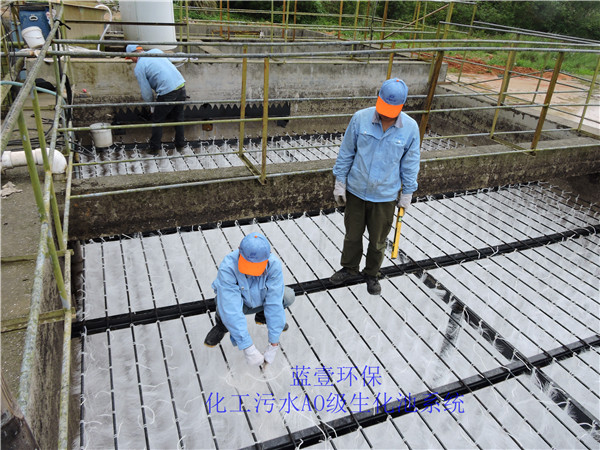
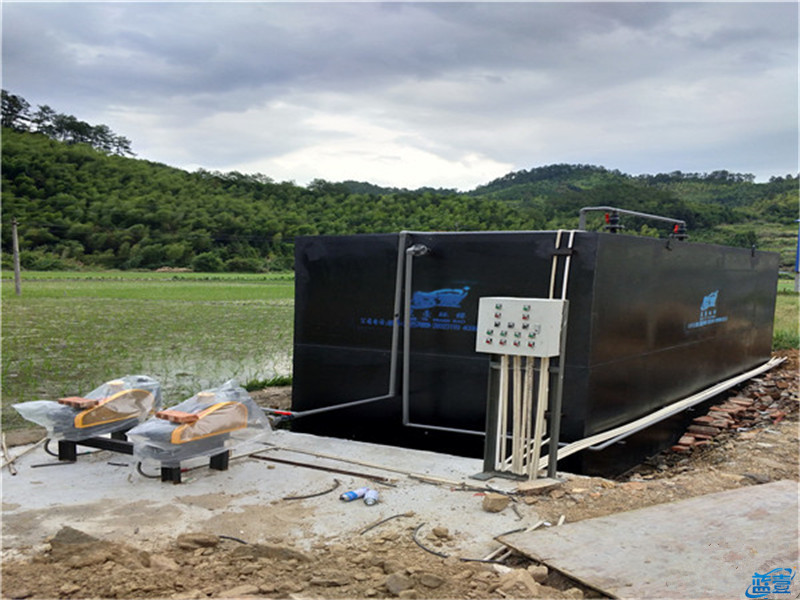
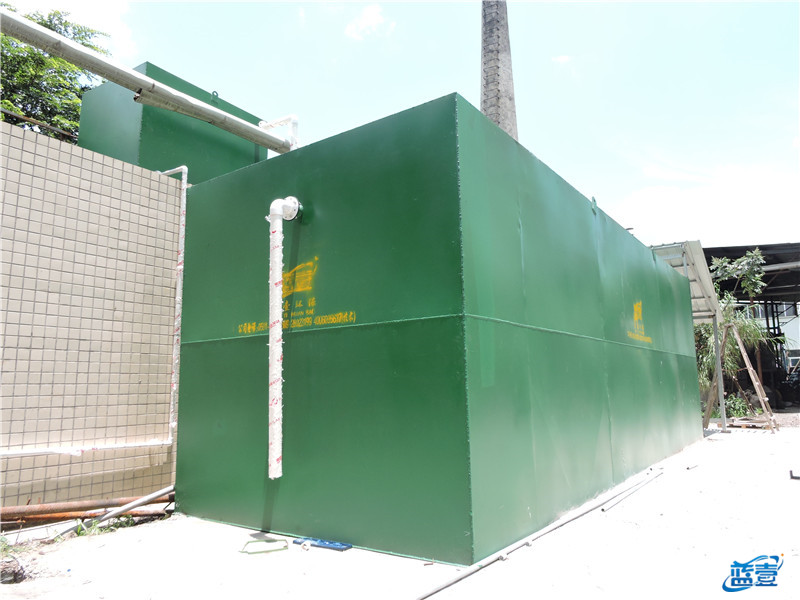
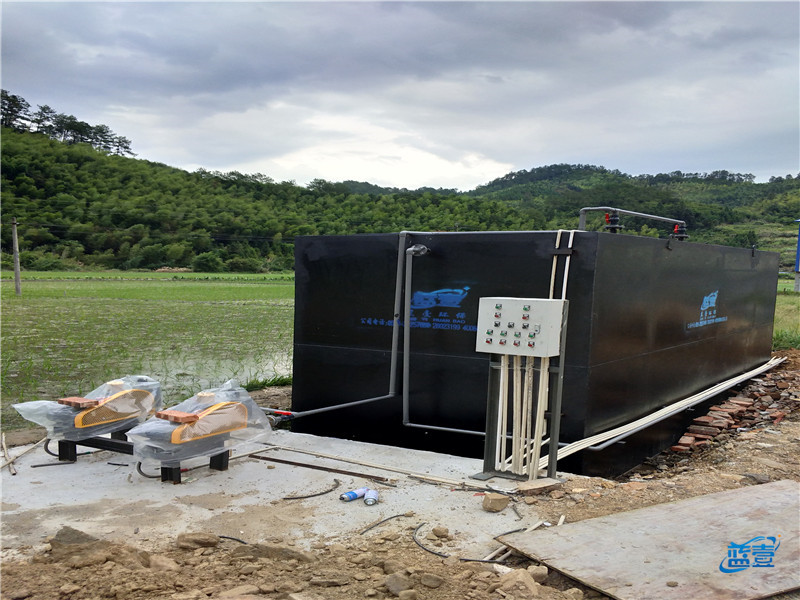
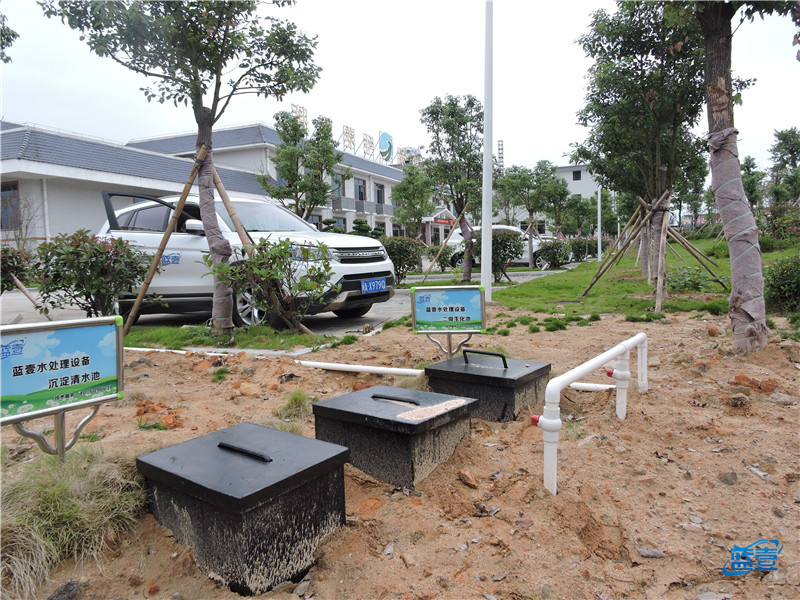
 home
home
 WeChat
WeChat
 telephone
telephone